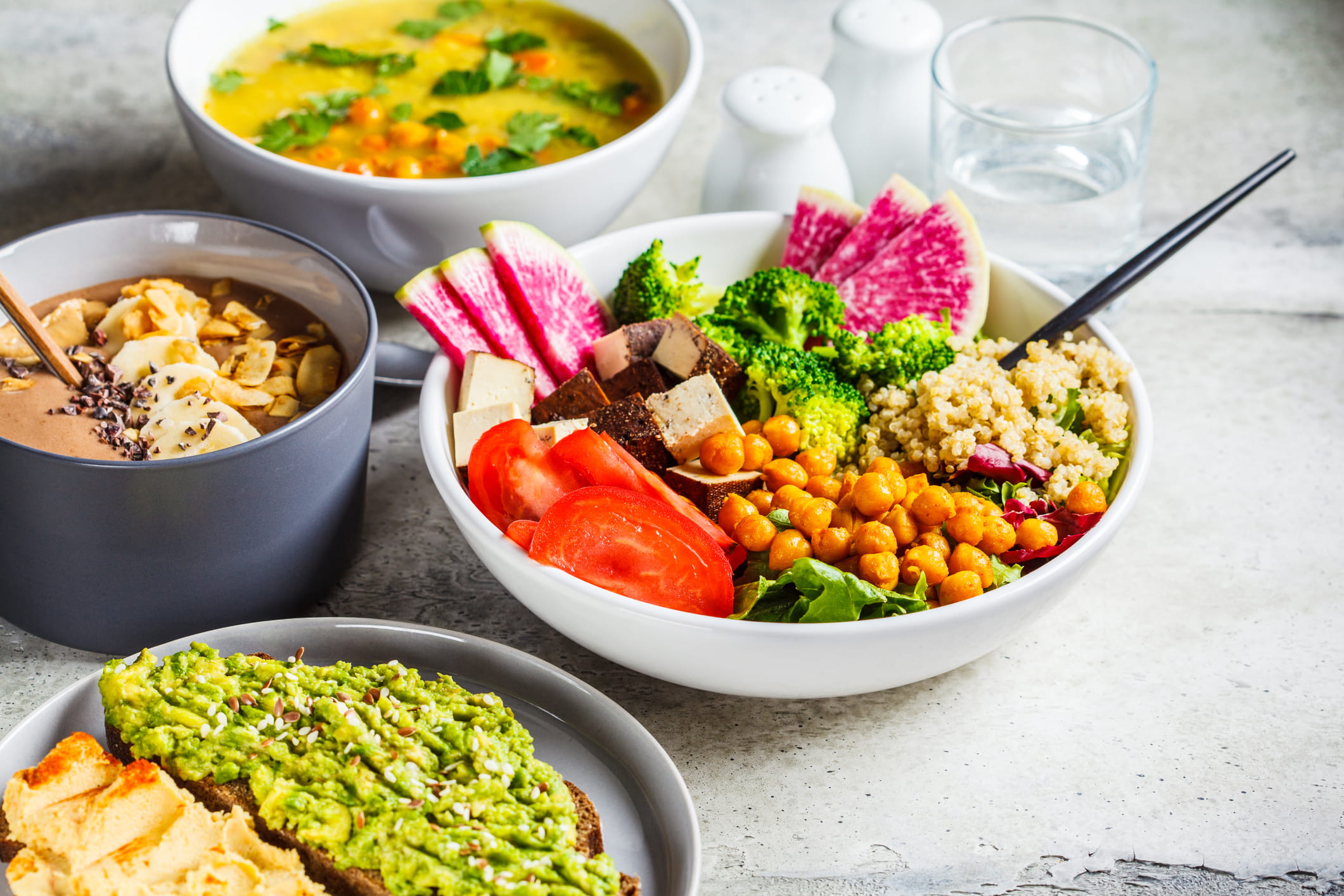First things first: not all margarines are created equal – some are hard and contain trans fats, while others, including Becel®, are soft, non-hydrogenated margarines that are low in saturated fat, provide a source of omega-3 polyunsaturates and can be incorporated into a heart healthy diet. Remember: one food choice alone doesn’t determine whether your diet is healthy or unhealthy; it’s the sum of your food choices – your overall diet as whole – that matters. Having said that, you may have heard the claim that butter is “healthier” than margarine.
Is butter "healthier" than Becel®?
Many people believe butter is the better option simply because it’s “natural.” It’s important to note that natural substances don’t always equate to the healthier option; good nutrition is what’s important to your health. Per serving, Becel® margarine contains the same number of calories and amount of fat as butter. However, it’s not just the total amount of fat – but also the type of fat – that is important to know. Becel® margarine has 80 less saturated fat than butter and is a delicious and simple way to incorporate plant-based oils into your diet. Butter is an animal-based fat that contains cholesterol, trans fat, and a higher level of saturated fat than Becel® margarine. Here are few important facts:
| Contents | Butter | Becel® Original margarine |
| Calories per serving (Per 2 tsp. (10 g) servings) | 70 | 70 |
| Total Fat | 8 g | 8 g |
| Saturated fat per serving | 5 g | 1 g |
| Trans fat per serving | 0.4 g | 0 g |
| Type of Fat | Animal-based | Plant-based |
| Suitable for vegan diets? | No | Yes, Becel® Vegan variety |
| Spreadable straight from the fridge? | No | Yes |
Did you know?
Becel® margarine is made from a blend of plant and seed oils that contains monounsaturated and polyunsaturated fats – and according to Health Canada1, replacing saturated fats with polyunsaturated and monounsaturated fats from vegetable oils can help to lower cholesterol? Becel® also contains zero trans-fat or cholesterol.
Canada’s Food Guide recommends incorporating a small amount – 30 to 45 ml (2-3 tablespoons) – of unsaturated fat every day (e.g. Becel®) and notes Canadians should limit consumption of butter, hard margarines, lard and shortening2.
Learn more about the the different types of fats.
Is butter more natural than Becel® and, therefore, healthier?
There’s a misconception that butter is a healthier alternative to margarine because it is considered more "natural". This is simply not true. Remember: "natural" isn’t necessarily synonymous with "healthy".
Take a look at the ingredients lists on our product pages. Becel® starts with wholesome ingredients like canola and sunflower oil, then we add a few ingredients including water, a pinch of salt, buttermilk powder and vitamins A and D. It’s not as complicated as you might think. In fact, you could make a kind of homemade margarine yourself if you had the right equipment.
Can Becel® be used in any recipe that requires butter?
Like butter, Becel® margarine can be used for spreading, cooking, baking, roasting, sautéing, and grilling. And it’s a simple swap with Dairy Free Becel® Plant Butter - substitute it 1:1 for dairy butter in recipes.
Source:
1. http://healthycanadians.gc.ca/eating-nutrition/healthy-eating-saine-alimentation/nutrients-nutriments/fats-lipides-eng.php2. https://www.canada.ca/content/dam/hc-sc/migration/hc-sc/fn-an/alt_formats/hpfb-dgpsa/pdf/food-guide-aliment/view_eatwell_vue_bienmang-eng.pdf (932 KB)
3. Sustainability of meat-based and plant-based diets and the environment. http://ajcn.nutrition.org/content/78/3/660S.full Sourced Oct 1, 2016.



